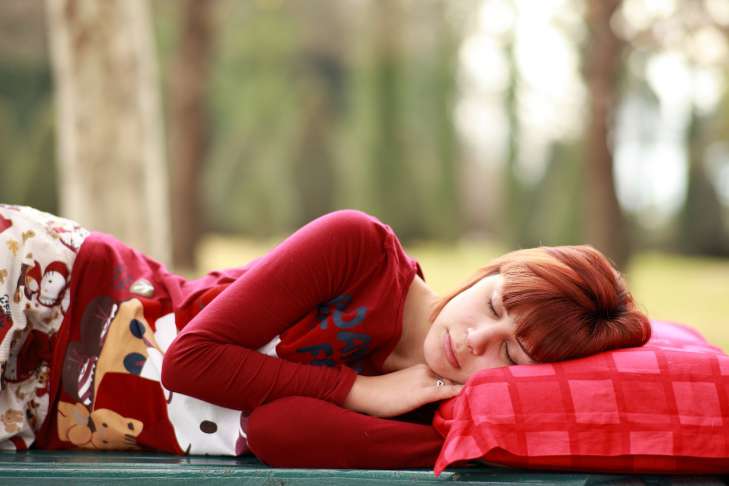Sleep is one of the most important factors in human health.
How Bipolar Personality Disorder Affects Sleep
One of the most common symptoms of mania in bipolar disorder is sleep disturbance.
Bipolar disorder has a strong impact on a person's sleep patterns.

This, in turn, leads to such serious problems as insomnia, deterioration of the immune system, decreased concentration, chronic fatigue.
Due to lack of sleep, people with bipolar disorder often report emotional instability, lack of strength and energy, and decreased performance.
During manic episodes, a person may also experience such a strong surge of energy that the need for sleep is significantly reduced.
This can become a real problem and affect both physical and mental health.
People with bipolar disorder may sleep very little, sometimes only a couple of hours a night, or even not sleep for days at all.
Lack of sleep can worsen other symptoms of mania, leading to increased irritability, impulsivity, and sometimes psychosis.
During depressive episodes, people often suffer from insomnia or hypersomnia.
A person may have difficulty falling asleep, staying asleep, and waking up in the morning.
During a depressive episode, people often report sleeping for long periods of time and not feeling refreshed or rested in the morning.
This excessive sleep can contribute to feelings of sluggishness, apathy, and lack of motivation, which are common symptoms of depression.
Poor sleep can also cause mood episodes, and mood episodes can further disrupt sleep, making it difficult to maintain a stable routine.
This cycle can significantly impact daily functioning, affecting work, relationships, and overall quality of life.
Managing sleep disturbances in bipolar disorder often requires a comprehensive approach.













